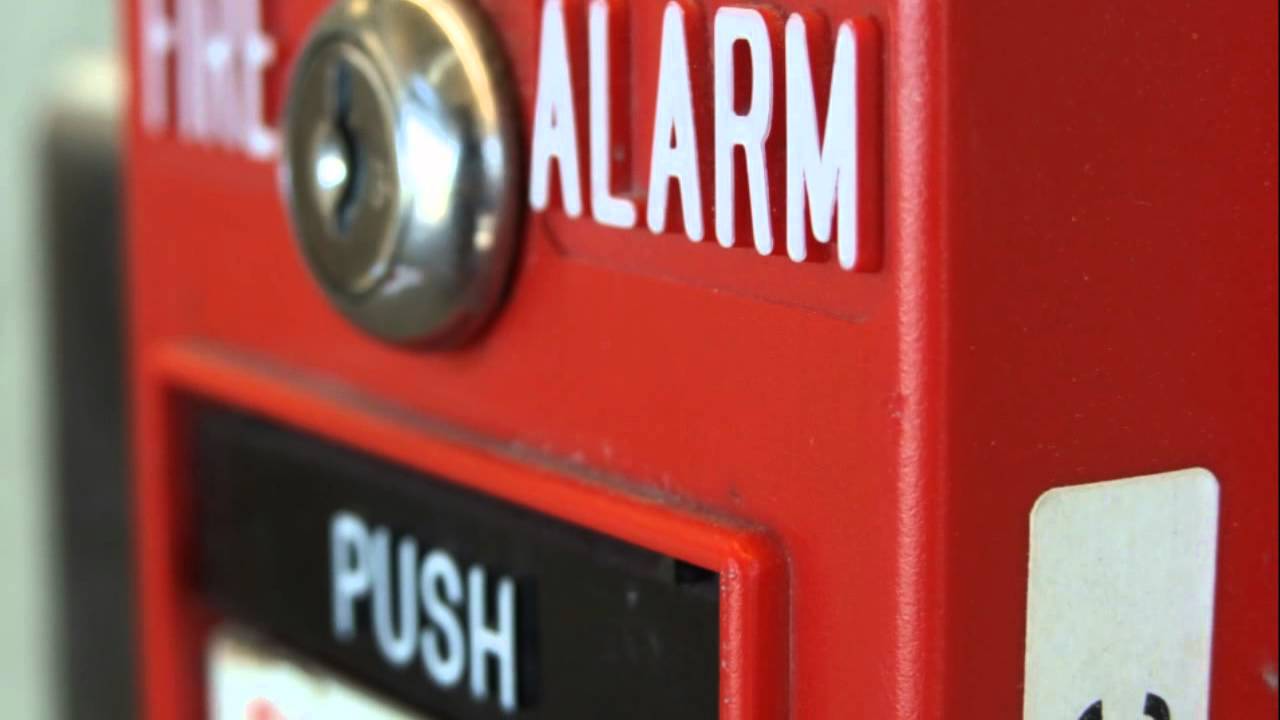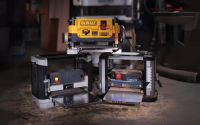The Ideal Fire Alarm Sounders For Commercial Use

Not much can be done when a natural disaster like a hurricane, tornado or a heavy storm hits your business or your home, however, there is certainly something you can do to protect it from a disaster like a fire. Installing fire alarm sounders can be the difference between life and death, and between millions of damage and just a couple of hundreds of dollars. It’s necessary for every business and commercial building to abide by the state rules and invest in a quality alarm system, as well as to install fire alarm sounders across the entire premises to prevent a fire before it gets out of control.
The main thing to consider when installing a fire alarm system is the size of the building. The reason for that is because you should know how many fire alarm sounders you need to install so they make enough noise to notify everyone effectively. Besides the sounders, you need smoke detectors on almost all ceilings, especially in those rooms where the chances of fire occurring are slightly higher, like installation rooms, rooms with lots of cables, kitchens, etc.
As a general rule, placing detectors near doors or windows should be avoided, since they can interfere with their work. Every quality alarm system should come with a test button, and tests should be done on a regular basis in order to ensure they work properly. Depending on the sensor the alarm system uses, there are a few types of fire alarms. The most commonly found in commercial applications are the ones that use photoelectric sensors and ionization sensors.
Photoelectric Fire Alarms
Photoelectric fire alarms use a small probe light that remains on as long as there isn’t any smoke detected. If a smoke particle enters the system, the light diffuses and goes off. These alarms are pricier than ionization alarms but are less likely to be activated accidentally. They’re great at detecting large smoke particles from fires that come from bedding, upholstery, clothing or electricity.
Ionization Fire Alarms
Ionization fire alarms contain a small amount of radioactive material which ionizes the air in the alarm, consequently setting up electric current in the detector. When the smoke enters the ionization chamber, they cause disarray in the current, causing the alarm to go off. This type of alarm is usually combined with a carbon monoxide detector and excels at detecting even the smallest of smoke particles from fires that start quickly – like those started by grease and paper.



